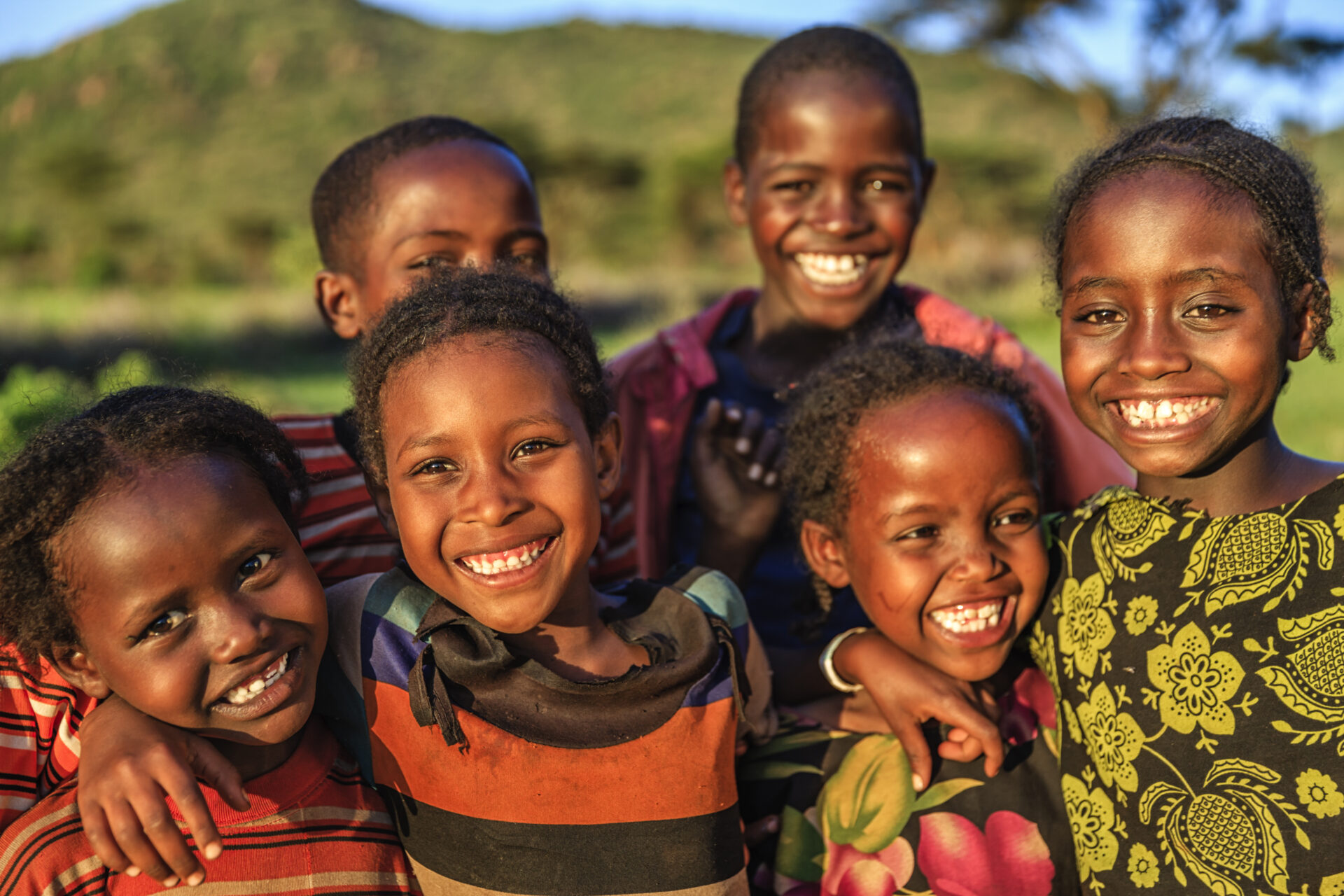Supporting National Action Plans on AMR in Africa through contextualised tools for implementation research
Context
Most countries globally have drafted National Action Plans (NAPs) for AMR across the One Health spectrum, but many are however struggling to implement the proposed activities as part of these NAPs. The challenges surrounding implementation vary between countries and can include: limited coordination of activities, lack of financial and human resources to implement activities, limited situational analysis on AMR in countries etc.
Problem
In Africa, NAP implementation is challenged by the limited availability of context specific tools and guidance to help countries prioritise and implement NAP activities.
“Translating policy into action requires context specific tools addressing local challenges in LMIC.”
ReAct Africa
Project Overview
This project aims to develop and disseminate practical context-specific guidance and applied tools to support NAP implementation in low- and middle-income countries (LMICs), with a focus on the African context. This will include a standardised process for conducting situational analyses validated in Zambia, as well as other new and adapted tools and outputs.
Outcomes
ReAct has gathered multiple tools in the ‘ReAct Toolbox’ to help support countries implement their NAPs. There is a need to assess existing tools to understand their utility, and then identify and fill gaps to support NAP implementation through clear and specific guidance. This project aims to improve the ability for African countries to implement challenging sections of their NAP through relevant and tailored guidance within national or sub-national contexts.
“ReAct Africa is uniquely placed to identify the gaps and needs of African countries to help implement their National Action Plans on AMR. ICARS is privileged to co-develop this work with them.”
Annick Lenglet, Science Team Lead, ICARS

Facts
Region: Africa
Sector: One Health
Country: Zambia
Type: Supporting activity
Country partners: ReAct Africa
Timescale: 1st September 2021 - 30th March 2024
ICARS funding: 255,207 USD
ICARS Science Team

Resources
Share
Share this project on socials

